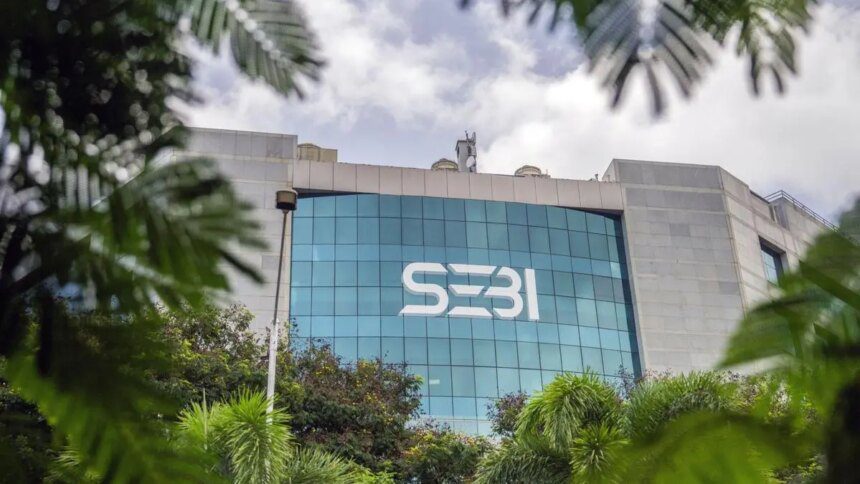The Securities and Exchange Board of India (SEBI) has unveiled new rule-based alert systems aimed at detecting pump-and-dump schemes and suspicious bulk trades, according to Chairman Tuhin Kanta Pandey. He announced these developments at the BSE Brokers’ Forum’s Capital Market Confluence on Saturday.
Pandey stated that the regulator is transitioning from a reactive supervision model to a more predictive oversight framework. “We have revamped our data warehouse system to develop new role-based alerts to identify pump-and-dump patterns and detect fraudulent trades in bulk deals,” he noted. These new alerts will be based on patterns identified in SEBI’s enforcement actions against such schemes, enabling the regulation of potential market manipulation before it amplifies.
Additionally, Pandey mentioned that SEBI is considering implementing a “safety net” framework for depository participants to ensure operational continuity during outages, similar to measures in place for stockbrokers.
SEBI is also piloting a video-based know-your-customer (KYC) system in collaboration with the Unique Identification Authority of India and the Reserve Bank of India. This initiative aims to facilitate the remote verification of non-resident Indians (NRIs), allowing them to complete KYC processes without traveling to India. “We are yet to establish an easy and secure KYC access for NRIs to facilitate their participation in the securities market. This will be an urgent goal for us,” Pandey explained.
The regulator is intensely focused on enhancing digital resilience and data-driven oversight in response to the increasing volumes of algorithmic and high-frequency trading. SEBI plans to update its regulatory framework continually to promote fair and transparent operations in these trading modalities.
Market activity has significantly increased, with daily cash equity volumes nearly doubling to over ₹1 lakh crore in the past three years. Pandey emphasized that further steps need to be taken to deepen this market segment, which includes a review of the securities lending and borrowing mechanism (SLBM) to enhance participation and improve liquidity management.
On the derivatives front, Pandey noted that SEBI has implemented various regulatory measures following comprehensive data analyses of index options, maintaining a consultative approach for future changes that aim to boost market quality while ensuring investor awareness of associated risks.
SEBI also seeks to digitize and streamline the foreign portfolio investor (FPI) registration process via its SWAGAT-FI framework, enabling quicker onboarding and reduced compliance burdens for trusted investors. “Our immediate goal now is to make the FPI registration process portal-based, simple, fast, and digital. We are consulting stakeholders to implement it and aim to rank among the best globally in facilitating registration,” he stated.
Pandey described FPI registration as a critical pathway to global markets, emphasizing the need for an accessible and efficient process. He also called for market participants to address obstacles faced by smaller systematic investment plans (Choti SIP) and work collaboratively to create innovative products.
Furthermore, SEBI is focused on fortifying the commodity derivatives market by tackling various issues, including those related to taxation, GST, and state delivery systems. Working groups are currently reviewing these challenges and considering industry input.
Lastly, SEBI aims to finalize the rewriting of broker regulations by December this year and will release guidelines related to cyber security air gaps in consultation with market infrastructure institutions, Pandey concluded.










